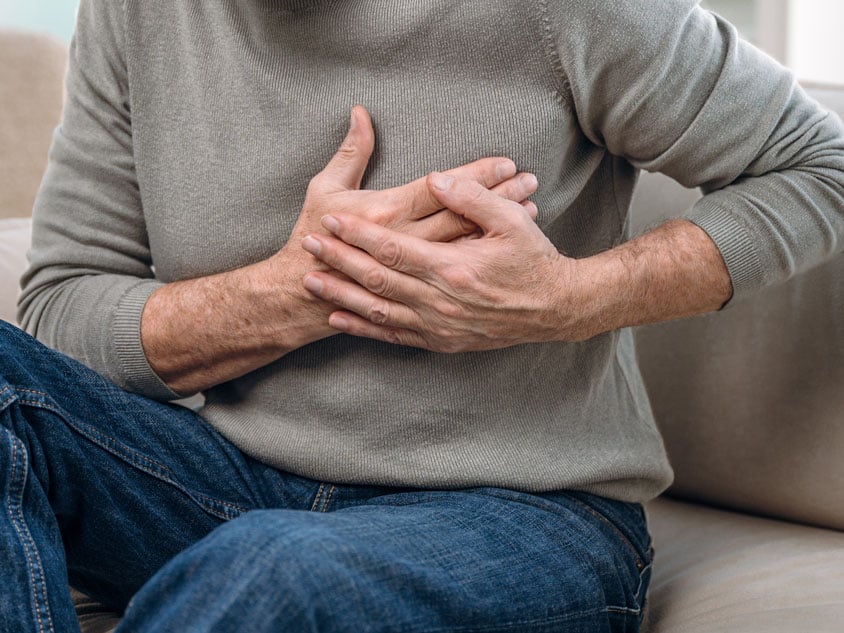Heart attacks: in the top 5 causes of police officer deaths. The statistics are alarming

Demanding work
There’s no separating heart attacks and police work.
The statistics are heartbreaking. Sudden cardiac death accounts for up to 10% of all line-of-duty police deaths.
The average age of an attack is getting lower. Officers are 25% more likely to die (or suffer a disability) from heart disease than from a violent suspect.
And most alarmingly, according to the Harvard School of Public Health, police officers face a 30-70 times higher risk of sudden cardiac death when involved in stressful situations – which, let’s face it, is an everyday possibility.
Our hearts change with age
Ageing can cause changes in the heart and blood vessels.
Fatty deposits in the walls of arteries can occur, as well as stiffening of the large arteries (leading to high blood pressure).
We know this is a major problem in law enforcement.
Heart damage can also be caused by diabetes and chronic alcohol use – both of which are well-documented in police officers.
Age-related changes in the electrical system can change the pace and regularity of heartbeats.
The chambers of the heart can also increase in size.
One Aussie dies every two minutes from heart complications
While we don’t have concrete numbers around heart-related police deaths, as we’ve already explored, the percentages are much higher than the general public (who we’re losing, at a rate of one every two minutes)
Aside from age, the risk factors for heart attacks include:
- Smoking (direct and second-hand)
- High blood pressure and cholesterol due to poor diet
- Metabolic syndrome
- Diabetes and obesity
- A lack of physical activity
- Chronic stress
We know up to 40% of officers smoke and are exposed to environments with smokers present.
The lack of quality sleep combined with shift work make fast food an easier option, which can lead to all sorts of health issues (including high blood pressure, diabetes, and obesity).
As for stress, studies show the compounding effects of police trauma on emotional and mental wellbeing. ‘Police stress’ is unique and inescapable.
Improving your heart health
Avoid tobacco and alcohol, and instead, speak with a counsellor to help process the grief you experience in uniform.
Overcome the macho, “I’m fine” mentality and invest in regular blood pressure checks.
Map out the days you have off, at the start of every week, and your workouts.
Use this on-the-fridge system to plan your home-cooked meals to ensure you’re eating plenty of fruits, vegetables, wholegrains, and healthy protein sources.
Cover like no other
The public system does look after patients during the emergency component.
But when it comes to the recovery and ongoing maintenance, being a Police Heath member makes a big difference.
Police Health understands the unique health needs of the police community, because we’ve been looking after them for over 85 years.
Whether you’re already a member, or interested in becoming one, call us to find out how to get the most out of our cover and benefits. We’re here to help.